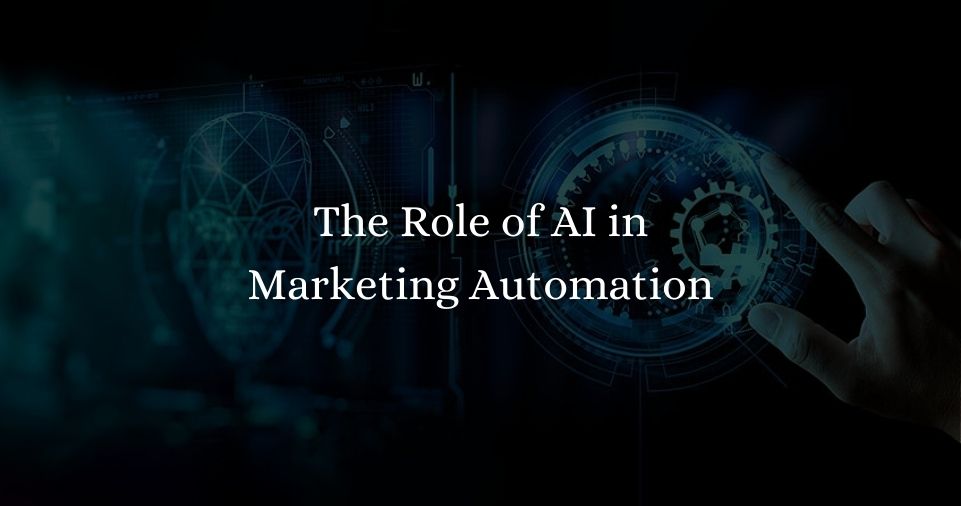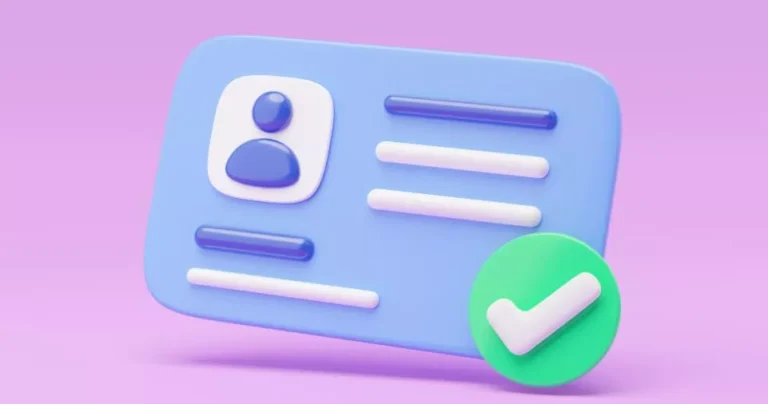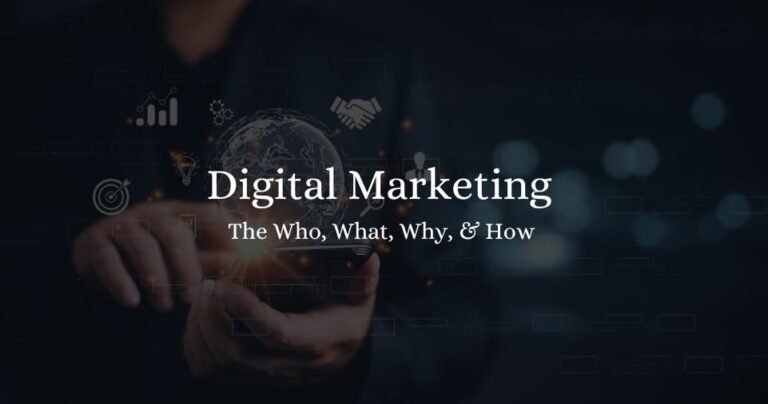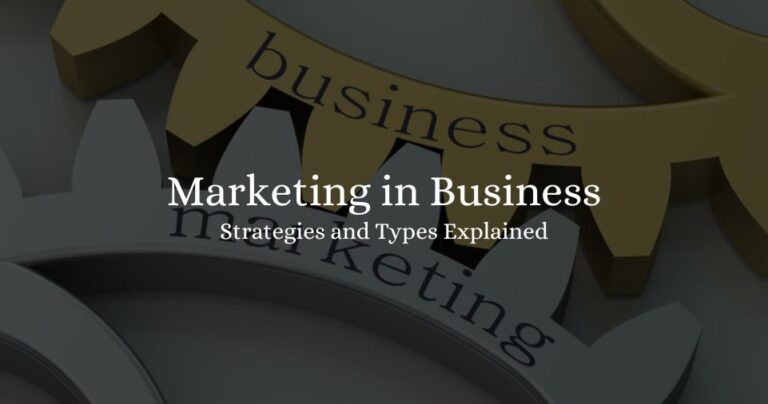The Role of AI in Marketing 2023
Are you struggling to keep up with the ever-evolving world of marketing? Do you find it challenging to reach and engage your target audience effectively? If so, you’re not alone. In today’s digital age, traditional marketing strategies are no longer enough to cut through the noise and capture the attention of your customers. That’s where AI marketing comes in.
AI marketing, or the use of artificial intelligence in marketing strategies, has emerged as a game-changer for businesses seeking to stay ahead of the competition and connect with their audiences in meaningful ways. By harnessing the power of AI, companies can unlock valuable insights, automate repetitive tasks, and deliver personalized experiences that resonate with their customers.
In this comprehensive guide to AI marketing, we will delve into the world of AI-driven marketing strategies, explore the potential of AI technologies in optimizing campaigns, and uncover the new job opportunities that have emerged in this exciting field. Whether you’re a marketing professional looking to expand your skill set or a business owner aiming to leverage the power of AI, this guide will provide you with the insights and knowledge you need to succeed.
Understanding AI in Marketing
Artificial intelligence (AI) has emerged as a game-changer in the field of marketing, revolutionizing strategies and campaigns. AI refers to the development of computer systems that can perform tasks that typically require human intelligence, such as data analysis, pattern recognition, and decision-making. In the context of marketing, AI empowers businesses to gain deeper insights into their customers, automate processes, and deliver personalized experiences at scale.
With the rapid advancements in AI technology, marketers now have access to powerful tools and capabilities that were previously unimaginable. AI algorithms can analyze vast amounts of data in real-time, uncovering patterns and trends that human analysis may overlook. This enables marketers to make data-driven decisions, optimize campaigns, and deliver targeted messages to the right audience, at the right time, and through the most effective channels.
The Role of AI in Marketing Automation

Marketing automation plays a pivotal role in streamlining and scaling marketing efforts. It involves the use of software platforms and technologies to automate repetitive tasks, manage customer interactions, and nurture leads throughout the buyer’s journey. By integrating AI technologies into marketing automation processes, businesses can unlock even greater efficiency and effectiveness.
AI-powered marketing automation tools leverage machine learning algorithms to understand customer behavior, preferences, and engagement patterns. These tools can automate email campaigns, personalize website experiences, and recommend relevant products or content to individual users. With AI, marketers can deliver highly targeted and personalized communications, enhancing customer experiences and driving conversions.
Personalization and Targeting with AI
Personalization has become a key differentiator in today’s marketing landscape. Customers expect tailored experiences that cater to their unique needs and preferences. AI empowers marketers to deliver personalized experiences at scale by leveraging customer data and predictive analytics.
AI can analyze vast amounts of data from various sources, such as customer interactions, social media, and purchase history, to create detailed customer profiles. These profiles enable advanced segmentation and targeting, allowing marketers to deliver personalized content, offers, and recommendations to specific audience segments. For example, an e-commerce retailer can use AI algorithms to predict individual customer preferences and showcase relevant product recommendations on their website or through personalized email campaigns.
You May Also Like Reading: The Top Benefits of AI for Marketers 2023
AI Content Generation and Optimization
Content is the backbone of any marketing strategy, and AI is transforming the way content is created and optimized. AI-generated content refers to content that is produced or augmented using artificial intelligence algorithms. These algorithms can analyze data, generate insights, and create compelling copy, blog posts, social media content, and more.
AI algorithms can also optimize content for search engines and user engagement. By analyzing search patterns, keyword data, and user behavior, AI can recommend relevant keywords, suggest improvements to content structure, and enhance readability. This ensures that content is not only well-optimized for search engines but also resonates with the target audience.
AI Marketing Jobs and Skills
The rise of AI in marketing has opened up new job roles and opportunities. Companies are seeking professionals who can harness the power of AI to drive marketing success. Roles such as AI Marketing Strategist, AI Data Analyst, and AI Content Writer are in high demand.
To excel in AI marketing roles, professionals need a combination of technical skills and marketing expertise. Proficiency in data analysis, machine learning, and programming languages like Python is essential. Additionally, a solid understanding of marketing principles, consumer behavior, and the ability to interpret and apply AI-driven insights are crucial.
As AI continues to shape the marketing landscape, keeping up with industry trends and acquiring new skills is essential for career advancement. Stay curious, explore new AI technologies, and embrace opportunities to learn and grow in this exciting field.
In the upcoming sections of this blog post, we will delve deeper into each aspect of AI in marketing, exploring practical examples, case studies, and actionable tips. Get ready to uncover the potential of AI and how it can revolutionize your marketing efforts.
Conclusion
In conclusion, AI has emerged as a powerful force in marketing, transforming strategies, campaigns, and customer experiences. We have explored the fundamentals of AI in marketing, understanding its definition, its role in automation, the power of personalization and targeting, and the role of AI in content generation and optimization. We have also discussed the expanding job opportunities in AI marketing and the key skills required for success in this field.
By leveraging AI technologies, marketers can unlock new levels of efficiency, effectiveness, and personalization. AI-powered marketing automation tools streamline processes and enhance customer interactions. Advanced segmentation and targeting capabilities enable personalized experiences that resonate with individual consumers. AI-generated content optimizes search engine visibility while balancing human creativity.
As AI continues to advance, embracing its possibilities is crucial for staying competitive in the ever-evolving marketing landscape. By harnessing the power of AI, you can gain deeper insights, optimize your strategies, and deliver personalized experiences that truly engage your audience.
Remember, the journey towards AI-powered marketing is an ongoing process. Stay updated with the latest advancements, explore new tools and techniques, and continuously learn and adapt. Embrace the potential of AI and its transformative impact on the future of marketing.
FAQs
Q: What are the potential risks or challenges of implementing AI in marketing?
A: While AI offers numerous benefits, there are challenges to consider. These include data privacy concerns, ethical considerations, and the need for accurate data inputs. It’s important to maintain transparency, ensure data security, and use AI responsibly to mitigate these risks.
Q: Can AI fully replace human creativity and intuition in marketing?
A: AI is a powerful tool, but it cannot replace human creativity and intuition. Instead, it enhances marketing efforts by providing insights and automation. The key is to strike a balance between AI-generated insights and human expertise to create compelling campaigns and content.
Q: Do small businesses benefit from implementing AI in their marketing strategies?
A: Absolutely! AI provides small businesses with valuable tools and insights that were once only accessible to larger enterprises. It helps optimize marketing efforts, deliver personalized experiences, and make data-driven decisions, allowing small businesses to compete effectively and achieve growth.
Q: How can I get started with implementing AI in my marketing efforts?
A: Start by identifying specific areas where AI can add value to your marketing strategy, such as automating repetitive tasks or personalizing customer experiences. Research and evaluate AI-powered tools and platforms that align with your objectives. Gradually integrate AI into your processes, measure the impact, and iterate based on the results.
Q: What is the future of AI in marketing?
A: The future of AI in marketing is promising. As technology continues to advance, we can expect AI to play an increasingly prominent role in customer engagement, data analysis, and personalized experiences. Staying adaptable, embracing new developments, and continually honing AI skills will be crucial to staying ahead in the marketing landscape.






